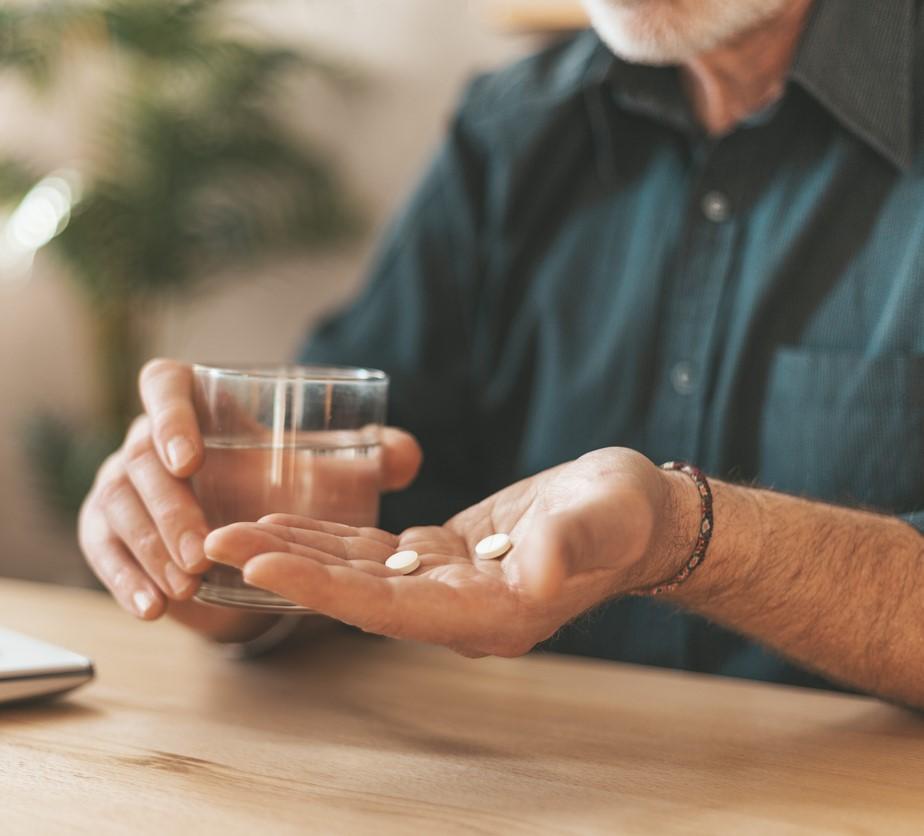Paxlovid—the antiviral combination used to treat acute COVID-19 infection—appears to reduce symptoms of long COVID, researchers from the Veterans Administration (VA) yesterday reported, based on a large data set.
Paxlovid is an oral SARS-CoV-2 protease inhibitor (nirmatrelvir) that is given with a low dose of the HIV antiviral drug ritonavir to amplify protease inhibitor levels. It was authorized for emergency use in December 2021, and research teams are also exploring if the drug can prevent or treat long COVID.
The team published its findings on the preprint server medRxiv, which means the data haven't been peer reviewed yet.
Reduced risk for 10 of 12 long-COVID conditions
Researchers examined data from 56,340 veterans who tested positive for COVID-19 between Mar 1, 2022, and Jun 30, 2022, who weren't hospitalized on the day of the test, had at least one risk factor for progression to severe disease, and survived the first 30 days after their diagnosis.
Of the group, 9,217 were treated with Paxlovid within 5 days of the positive test and 47,123 didn't receive antiviral or antibody treatment. The group's mean age was 65, and 12% were women.
The group treated with Paxlovid had a 25% decreased risk of developing 10 of 12 long-COVID conditions, including heart disease, blood disorders, fatigue, liver disease, kidney disease, muscle pain, neurocognitive impairment, and shortness of breath. Researchers, however, didn't find a reduction in new-onset diabetes and cough.
Regarding the decreased risk, the team found that the benefits progressively increased along with the number of risk factors and was most pronounced in those who had five or more risk factors.
The drug was also associated with 48% less risk of death and 30% less risk of hospitalization.
When the investigators looked at patient outcomes in more detail, they found that the decreased risks of long COVID were evident, despite whether the illness was the patient's first infection or whether people were vaccinated.
Ziyad Al-Aly, MD, who led the study and is chief of research and development at the VA St. Louis Health System, said in VA statement, "This treatment could be an important asset to address the serious issue of long COVID."
In the study, the authors said the overall evidence suggests that Paxlovid uptake should be improved, not only to prevent severe disease but also to reduce the risk of longer-term complications.
Some questions remain
Though those at the most risk are likely to derive the most benefits, it's unclear whether the benefit would extend to people without risk factors, who don't qualify for the drug under the current Food and Drug Administration (FDA) emergency use authorization (EUA).
Eric Topol, MD, founder and director of the Scripps Research Translational Institute, in a Substack blog post, said the results will need to be independently replicated to ensure that they hold up. But if they do, Paxlovid would provide a third way to prevent long COVID, alongside avoiding infection and getting vaccinated.
He added that a mechanism behind the benefit might be reducing the likelihood of the virus from establishing a reservoir or leaving behind remnants.
Aside from uncertainty about benefits in younger age-groups, Topol said another concern is the possibility of resistance to Paxlovid. So far, however, resistance hasn't been documented in clinical practice.






















